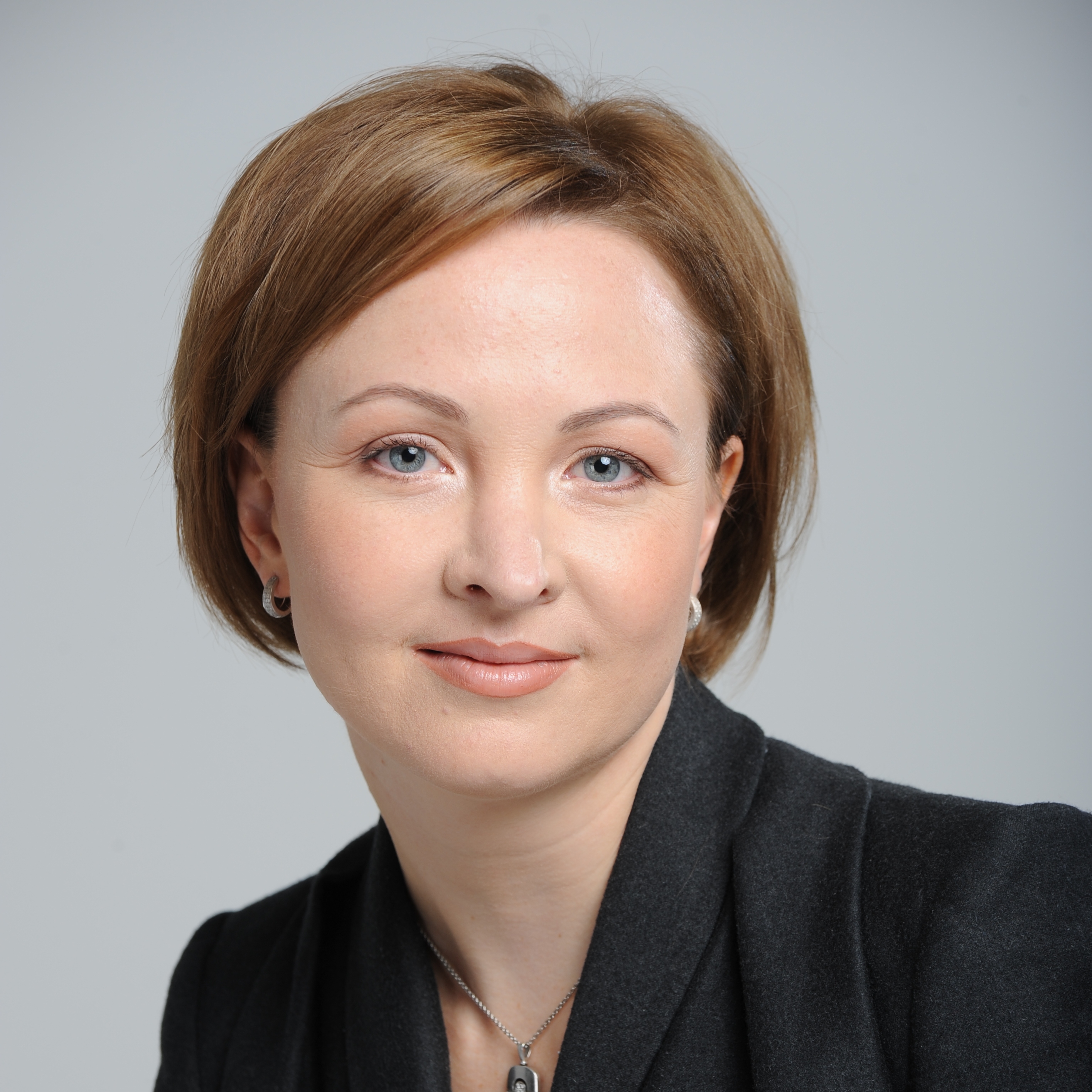


Despite Rising Tensions, Europe to Remain Russia's Main Gas Customer
Tatiana Mitrova, Head of the Oil & Gas Department at the Energy Research Institute in Moscow, joins Hughes Belin to analyse the consequences of troubled EU-Russia relations for energy trade.

France Gives Russia 'Last Chance' to Negotiate With West
The weekend meeting between the French and Russian presidents has given France a chance to become "the new Germany" for Russia, which lost its last Western ally after a falling-out with official Berlin, analysts say.
French mediation "is aimed at preventing Russia-EU relations from going to the dogs," said Tatiana Kastueva-Jean of the French Institute of International Relations (IFRI) in Paris.
France Suggests No Mistral Delivery – Yet
France's Finance Minister cast doubt Thursday on what Russia had said was the imminent delivery of the first of two Mistral helicopter carriers, feeding uncertainty that French political analysts view as authorities' reluctance to be seen as caving in to Russian pressure.
Finance Minister Michel Sapin said Thursday that the conditions set by French President Francois Hollande last month for delivering the first Mistral — i.e., upholding the tenuous cease-fire and reaching a political settlement in Ukraine — "had not been met at this time."

Isolating, Not Taming: What's Behind the Impetus to "Digital Sovereignty" in Russia?
April 2014 was a particularly bitter month for Russian internet users and the local internet industry. President Vladimir Putin unsurprisingly made headlines when, at the Media Forum in St. Petersburg, he publicly labeled the internet as a “CIA project” and launched an attack against Russian internet businesses. Putin particularly expressed reservations about the successful Russian search engine Yandex, as it is registered in the Netherlands for, as Putin stated, “not only… taxation purposes but for other reasons, as well.” A week earlier, during his annual call-in TV show, Putin also referenced the internet when, responding to a question from Edward Snowden, he rejected any mass surveillance of the network by Russian law enforcement agencies.

France would support new sanctions on Russia
"It's clear that we will have to declare ourselves in favour of new sanctions in case of a military escalation," said state secretary for parliamentary relations Jean-Marie Le Guen to French media on Sunday. The junior minister’s comments came as unrest continued to spread in eastern Ukraine, leaving at least one Ukrainian officer and a pro-Russian activist dead in the eastern city of Slaviansk, about 150 km from the Russian border, on Sunday.
Edward Snowden and democratization through the web
Why did Edward Snowden decide to disclose information related to U.S. secret services?
- Edward Snowden belongs to that generation of militants who do believe in the web as a tool for democratization, and do think that, to some extent, intelligence services of big states intend to monitor and to control the web at the expense of civil societies. This generation of militants believes in democratization through the web, and they want to fight against the "raison d'Etat". In that sense, there will be certainly other people like Snowden who will be ready to defend that cause of transparency. We'll see what is going to happen, but I definitely think he will become more and more a sort of a symbol of this cause, as Julian Assange is.
Russian Universities, Competitive or not?
Russian universities today face many difficult challenges. At the national level, schools must provide highly qualified personnel for the national economy, but also have a new mission: to become active actors in the diversification of the economy and the creation of innovation.

The Russian Internet Economy
The Russian Internet economy is demonstrating a substantial rate of growth, one that is significantly outperforming the rest of the domestic economy. According to joint research by the Higher School of Economics and the Russian Association of Electronic Communications, while in 2011 the Internet economy accounted for just 1% of Russia’s GDP, it was expected to grow at a rate of about 30% in 2012. According to BCG reports, the Internet contributed to 1.9% of Russian GDP in 2010, and is expected to grow by up to 2.8% by 2016. E-commerce, which combines retail and electronic payment systems, accounts for the large majority of the Internet economy, but other segments are also growing. Advertising is the fastest growing part of the Russian Internet economy, growing at a rate of 50% annually.

Russia's diplomacy is more active than it was ten years ago
Since December 2011 there is a real convergence between the perception of President Vladimir Putin and the perception of Russia, especially, in the Western media.
That leads to several comments. The first is the feeling that there is now a new, much more concentrated power in the Kremlin, and that to some extent leads to the question about the very difficult challenge for Russia to build balanced institutions. And there is the perception that, on this particular point, Russia has not made progress. And this is the main area of concern as seen from outside.
Support independent French research
Ifri, a foundation recognized as being of public utility, relies largely on private donors – companies and individuals – to guarantee its sustainability and intellectual independence. Through their funding, donors help maintain the Institute's position among the world's leading think tanks. By benefiting from an internationally recognized network and expertise, donors refine their understanding of geopolitical risk and its consequences on global politics and the economy. In 2024, Ifri will support more than 70 French and foreign companies and organizations.














